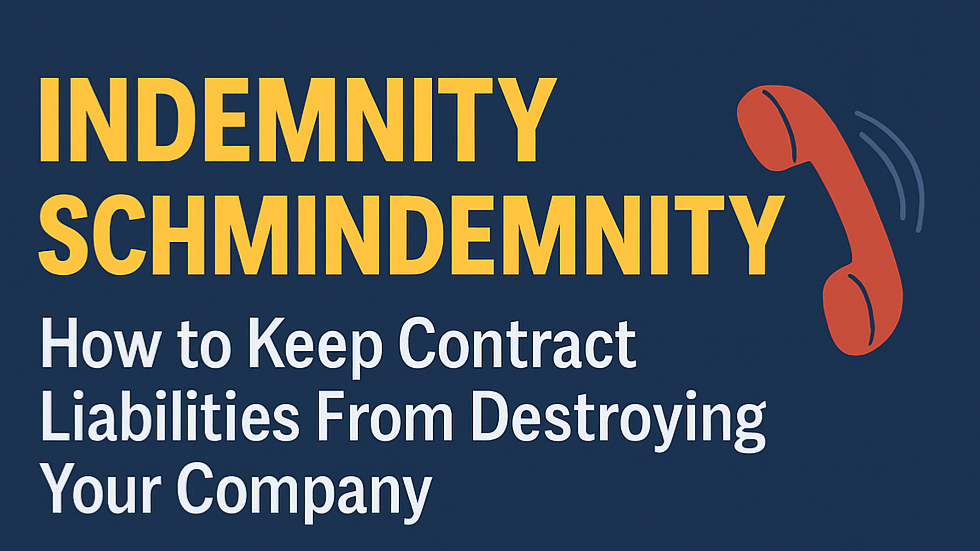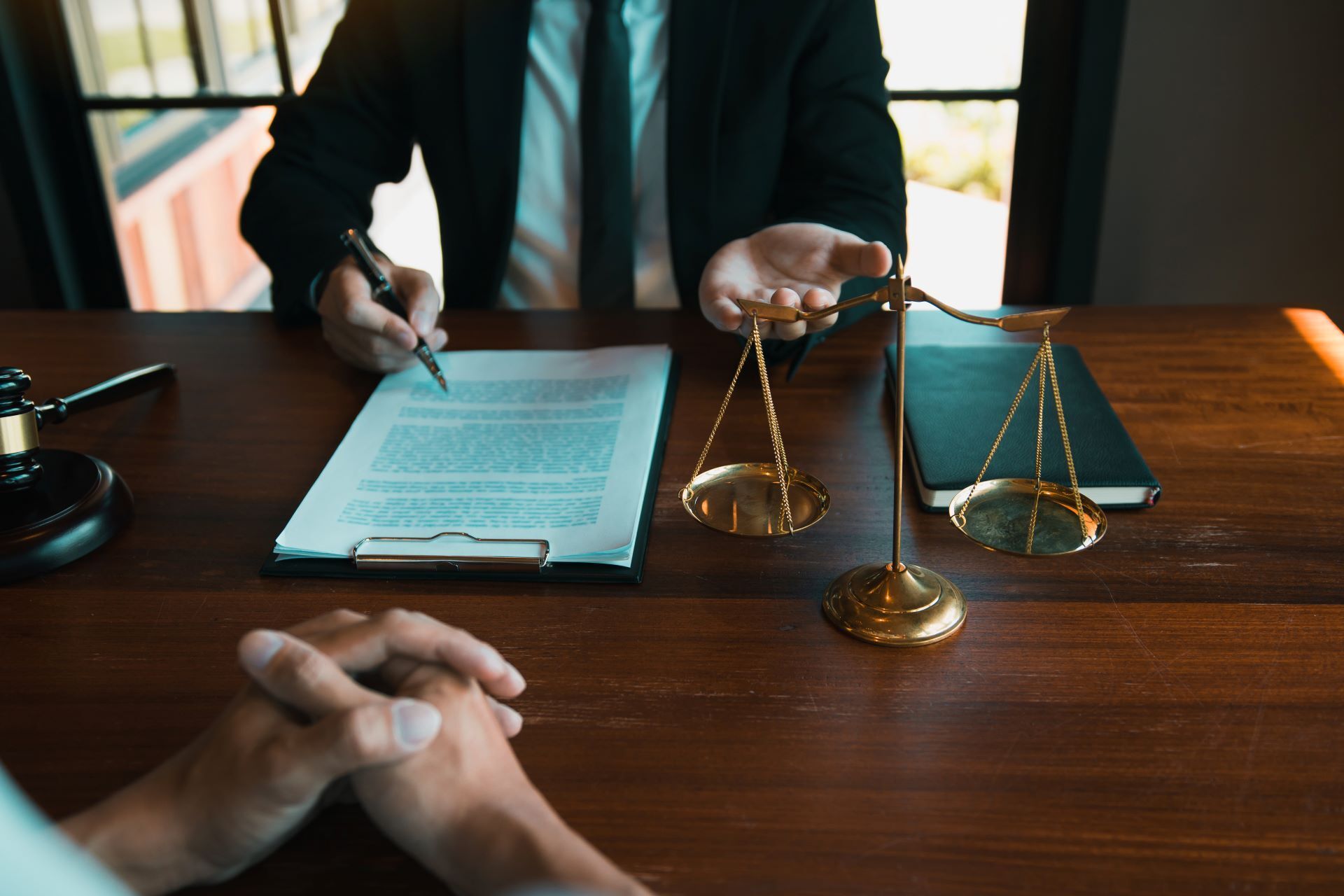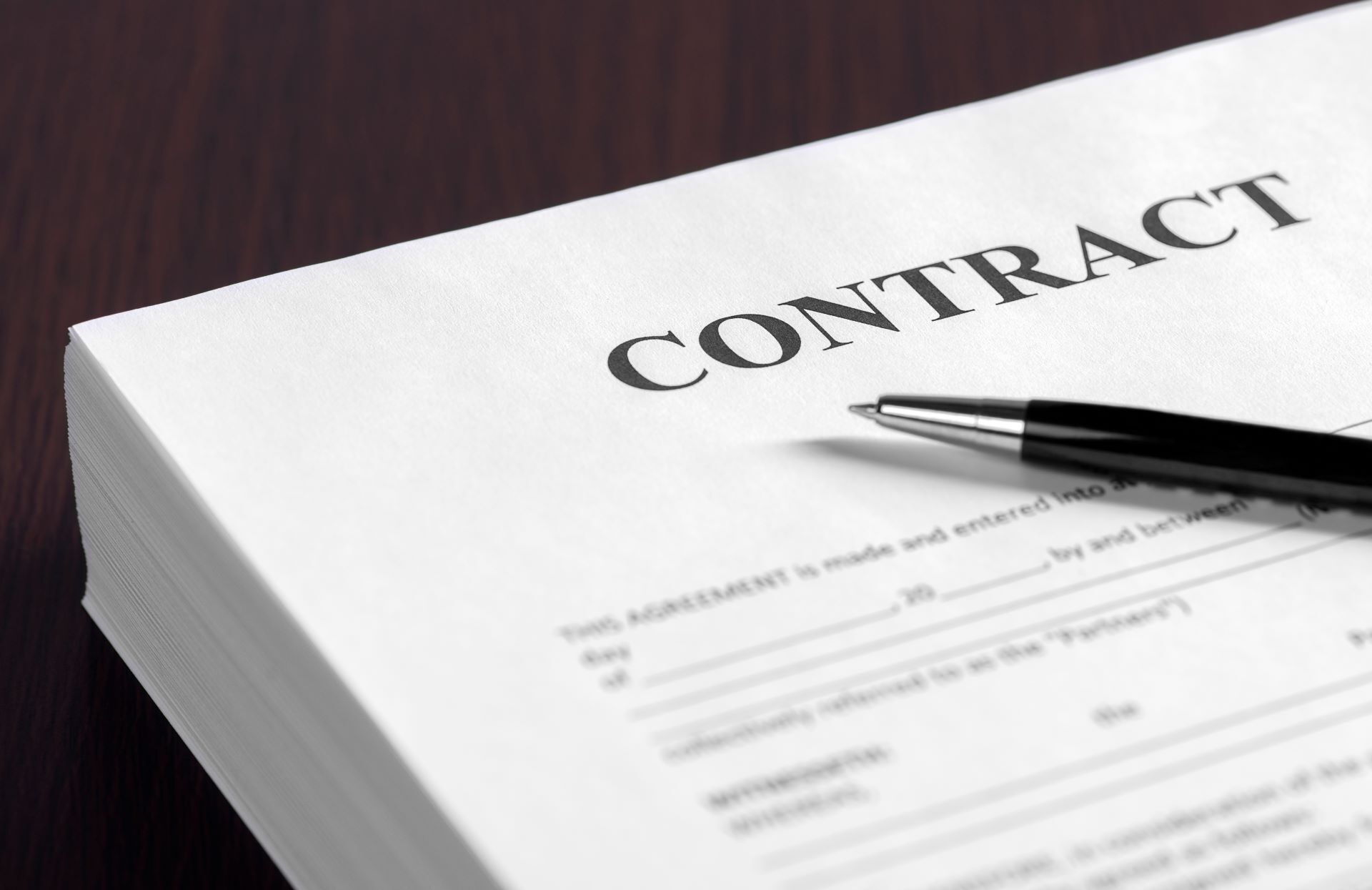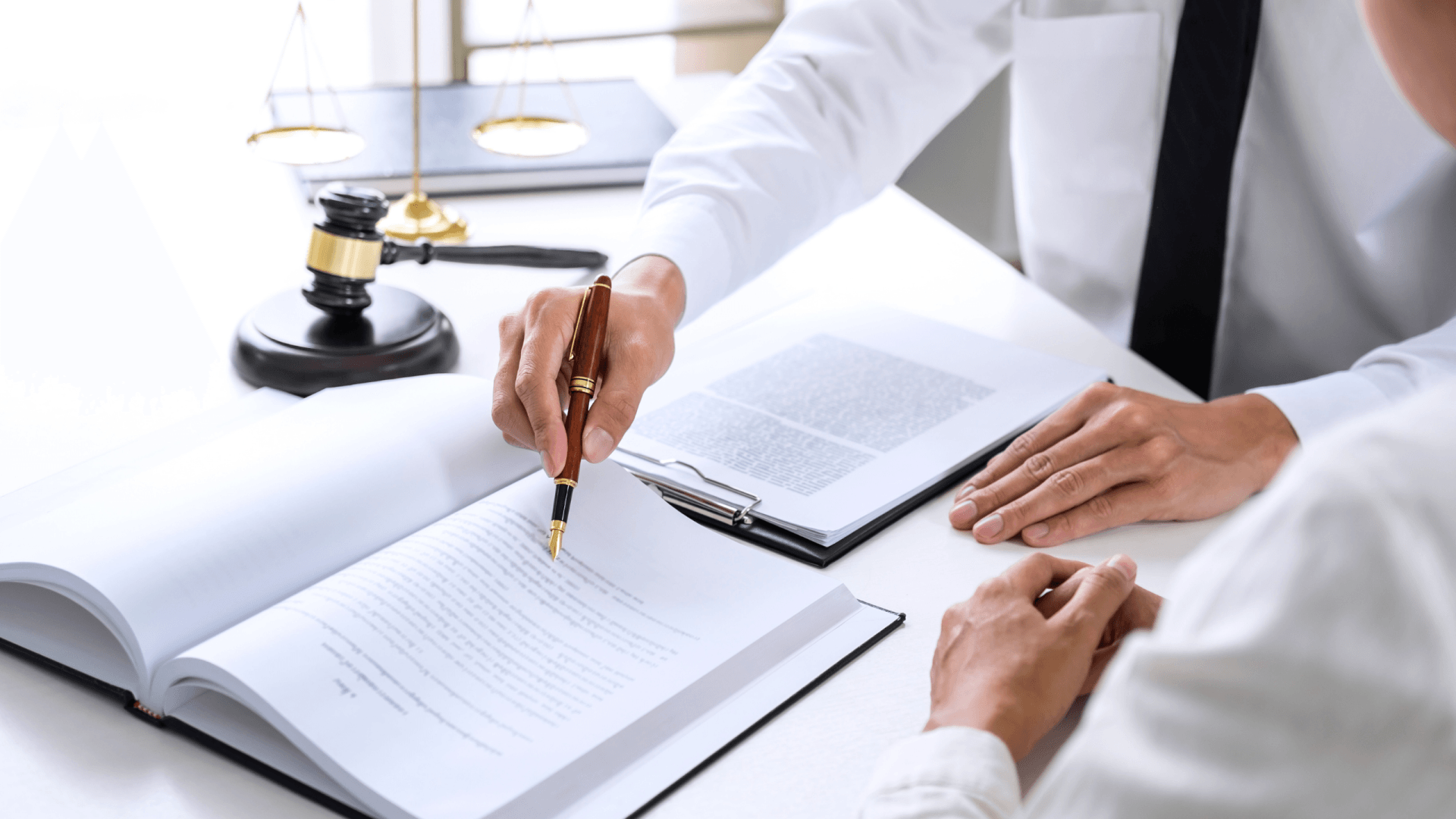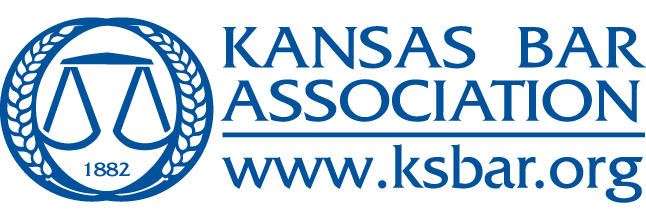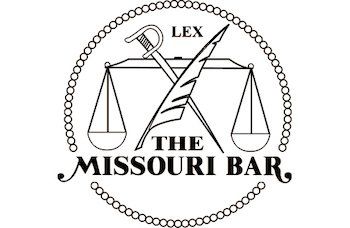Munyan Law Blog
There is no specific internet law. Rather, there are several laws that relate to the internet and technology as a whole. The main legal issues regarding the internet pertain to: intellectual property, such as patents and copyrights; freedom of expression and personal rights, such as free speech and privacy protection; online commerce and data protection.
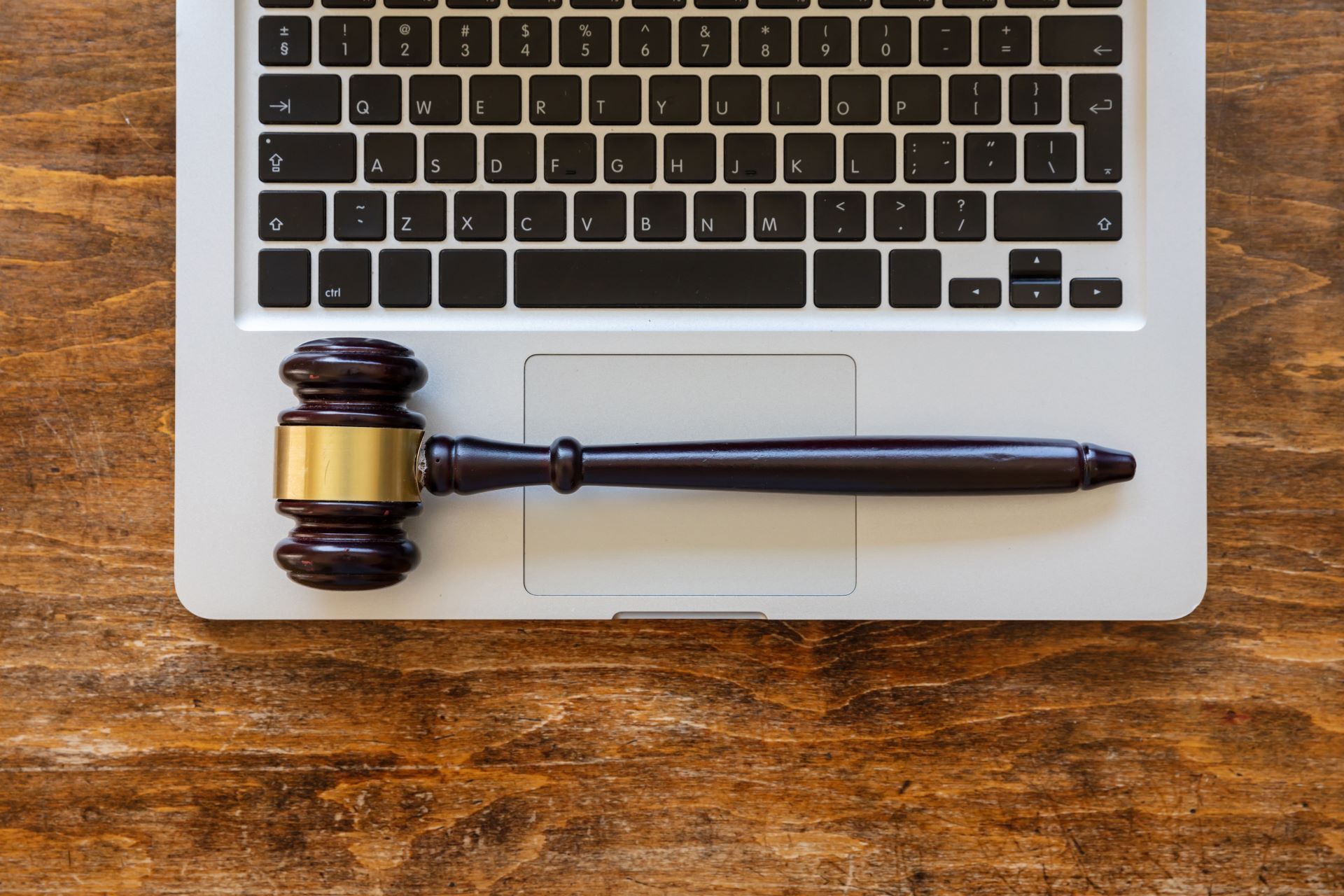
What is intellectual property?
Intellectual property (also known as "IP"), is a term that refers to creations of the mind, such as inventions; literary and artistic works; designs; and symbols, names and images used in commerce. This category also covers things like semiconductor topographies, integrated circuits and even business methods.
What laws cover intellectual property?
The laws regarding IP are generally found in the following documents: World Trade Organization Agreement on Trade Related Aspects of Intellectual Property Rights (TRIPS), which sets minimum standards for all members of WTO. TRIPS provides protection for copyrights, trademarks, geographical indications, industrial design rights and patents.
The agreement prohibits unfair commercial use of undisclosed information obtained through reverse engineering or independent invention without the patentee's consent. The Berne Convention for the Protection of Literary and Artistic Works, which establishes international copyright protection. The Paris Convention for the Protection of Industrial Property, which provides a framework for the protection of intellectual property in industrial sectors.
What is copyright?
Copyright is a legal right that gives the creator of an original work exclusive control over its use and distribution for a certain period of time. Copyright protects expressions, but not ideas or facts.
The creator of an original work is usually the owner of the copyright in that work. However, there are some exceptions, such as when a work is created by an employee within the scope of their employment.
What is freedom of speech on the internet?
Freedom of speech on the internet is the right to express your opinion publicly without censorship or restraint by the government. This includes speech that is hateful, offensive, or otherwise objectionable. The First Amendment to the United States Constitution protects freedom of speech, which means that the government cannot censor or restrict your speech unless it poses a clear and present danger to public safety.
Some examples of free speech on the internet include posting comments on news articles, forums, and social media platforms; writing blogs and articles; and sharing memes and videos. You can also express your opinions freely on websites like Craigslist and Backpage. However, there are some types of speech that are not protected by the First Amendment and may still be regulated by the government.
Online commerce and data protection law?
The internet has brought about a new era of commerce. Not only can businesses reach a global market at the click of a mouse, but customers can purchase products and services with the same ease. However, this new frontier also brings with it new legal challenges. For example, online businesses must comply with data protection laws when collecting and storing personal information.
There are several key aspects to online commerce law. These include:
- The use of digital signatures and other electronic methods of authentication;
- The use of contracts and other legal agreements;
- The governing law of transactions;
- Dispute resolution mechanisms.
What is the Digital Millennium Copyright Act?
The Digital Millennium Copyright Act (DMCA) is a US law that protects copyrighted content online. It prohibits the distribution of copyrighted material without permission from the copyright owner. The DMCA also allows copyright holders to request that infringing content be removed from websites and search engines.
Should I consult a lawyer for my new website?
If you are starting a website with the intent to sell products, you should consult an attorney who specializes in internet and technology law. There are various laws that may apply to your business, such as the Federal Trade Commission Act, which prohibits unfair or deceptive practices in commerce. Ralph F. Munyan can help ensure that your website is in compliance with all applicable laws and can provide advice on how to protect your business from potential legal issues.





